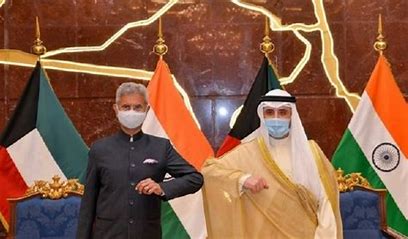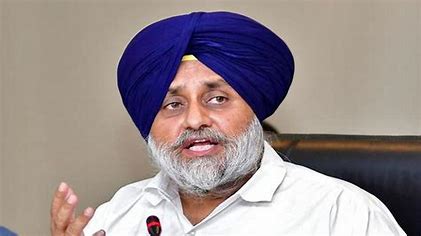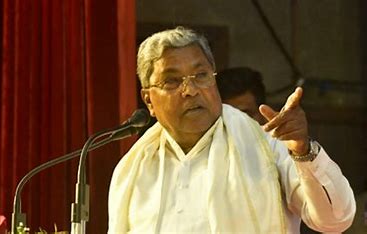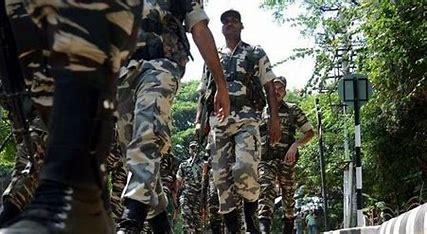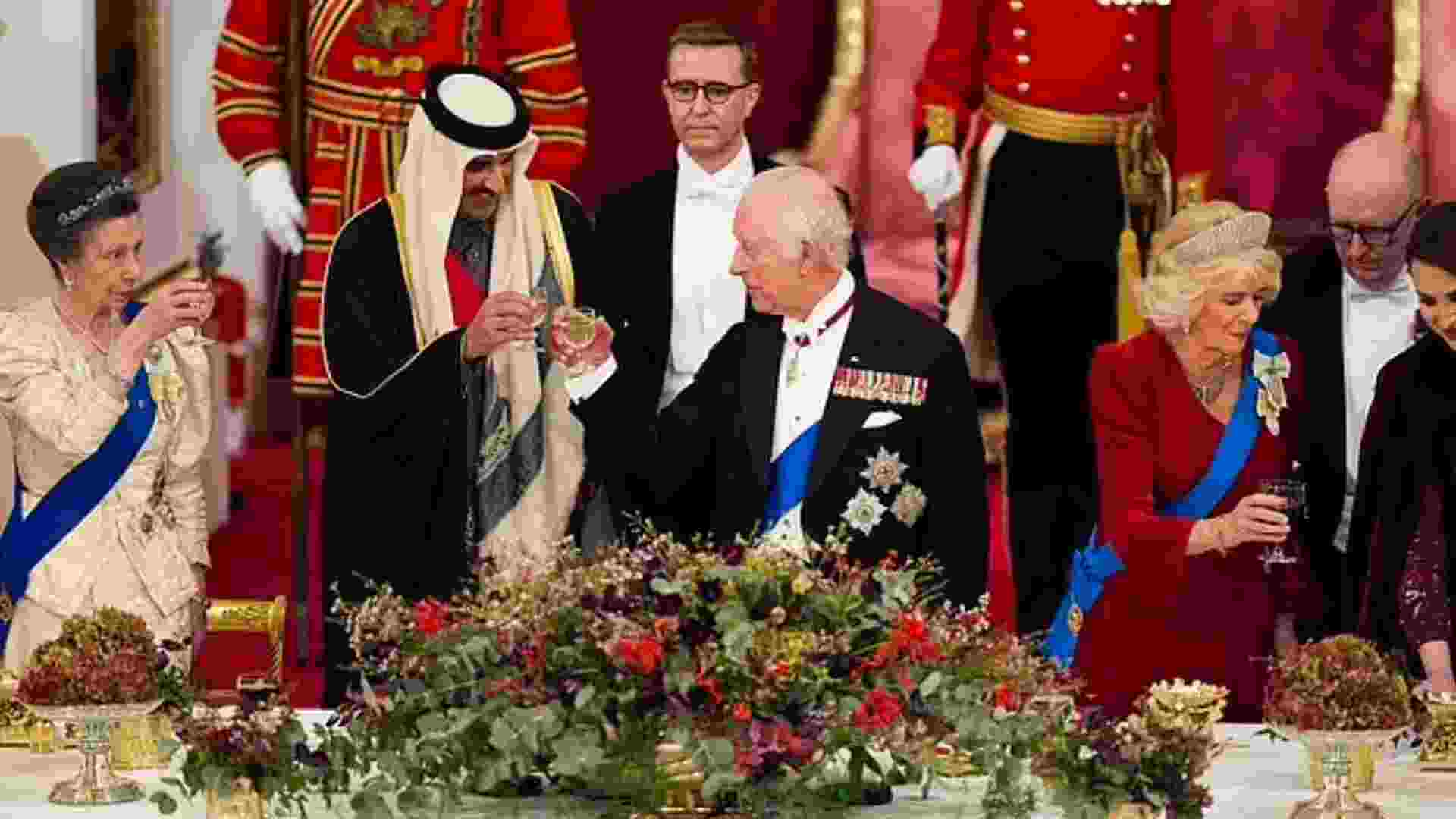


The US presidential election now has come down to a close-run contest between Donald Trump and Joe Biden. With several focus points in the ongoing debates regarding the future of the US and its role in the evolving global geopolitics, these elections remain crucial at the backdrop of conflicts and crises in West Asia. The challenges ahead for the new administration concerning West Asia would largely be regarding the Israeli-Palestinian conflict, Iranian aggression in the Persian Gulf and Eastern Mediterranean, withdrawal of the US military troops in the region, and ending the civil wars in Yemen and Syria that have created humanitarian catastrophes.
Washington is more likely to maintain strong relations with Saudi Arabia and its allies in the region regardless of who gets elected. However, Biden has been vocal about his disagreement with the present Saudi government concerning their military intervention in Yemen. The Trump administration did not pay heed to its European allies in restricting or suspending arms sales to Saudi Arabia at the backdrop of alleged war crimes in Yemen. Nonetheless, the larger consensus about Iran as a sponsor of terrorism is shared among both Democrats and Republicans. Hence, stabilising the alliances with Saudi Arabia and the UAE would be a priority especially when there is a converging security concern.
One of the most important disagreements between Trump and Biden has been regarding US policy towards Iran. Reacting to the Trump administration’s decision to withdraw from JCPOA, Biden has stressed that if he gets elected, he would change Washington’s policy towards Tehran and he will commit in trying to prevent a nuclear-armed Iran. However, the situation is complicated since the election in Iran strongly suggests that a hard-line government would come to power as the Guardian Council had rejected the candidacy of several popular leaders from the moderate camp. So, even if Biden gets elected there are high chances that the renegotiation process would be difficult in the current context especially after the killing of General Qassem Soleimani that prompted the Iranian parliament to designate Pentagon as a ‘terrorist group’.
Republicans and Democrats also differ on the issue of bringing back US military troops deployed overseas. Biden has argued for a strategy he calls “counterterrorism plus” that emphasises on fighting terrorist groups using limited US military forces and aggressive airstrikes instead of large military deployments. Biden had earlier criticized Trump’s decision to withdraw forces from Syria and his policy towards the Kurds who fought along with the US military against ISIS. If Biden gets elected there will be renewed efforts to restore US relations with NATO and this invariably will affect the strategic imperatives of US troops in West Asia.
Since within the US the debate on calling back the US troops and ‘getting out of endless wars’ has gained some momentum this could further push the Democrats to adopt a policy that stresses on reducing the US troops in West Asia. One of the hackneyed accomplishments of the Trump administration concerning West Asia is Abraham Accords. It is indeed a historic development considering the security dynamics of the region which has for a long time been susceptible to the clashes between Arabs and Israelis. However, the recent developments indicate a new regional political framework and it is highly unlikely to see a back-pedalling concerning the Abraham Accords even if some public sentiments reflect sheer disappointment. The emerging geopolitical dynamics in the region draws our attention to the convergence of security and economic interests of Israel and UAE as both have similar concerns regarding Iranian hostility and aggression in the region. There are some considerations that Biden has reiterated at the backdrop of the Abraham Accords. Drawing references from the Barrack Obama presidency Biden might adopt a strategy to include Palestinian leaders in negotiations and talks. Biden has indicated putting more pressure on Israel to engage with the Palestinians to gain a more palatable solution. This probably might also reflect in the US position in UNSC concerning the Israeli settlements Democrats come to power.
US involvement in the region remains vital since the larger security dynamics of the region is dependent on US policies. The regional powers of West Asia would only be able to do business with its Asian partners when they can mitigate the security risks involved in businesses and maintain overall stability. Riyadh, Abu Dhabi, Muscat, Manama, and Doha need active engagement with Asian powers to secure long-term strategic and economic partnerships especially amid a spree of domestic changes and in many cases under rising new and young leaderships. For a long time, US military forces have played a vital role in averting regional risks for its allies and this has enabled the regional powers of West Asia to maintain stability and accentuate its ties with the military and economic powers of Asia. Hence, US policies towards West Asia remain a strong concern for the ruling regimes of West Asian powers.
The outcome of the elections remains uncertain and the continuities and changes of policies vis-à-vis West Asia remains crucial. The ruling regimes in West Asia are closely watching the elections and are aware of the implications of a Trump administration as well as a Biden administration for their regional aspirations. However, there is much certainty that no matter who wins the election, traditional allies of the US will calibrate their foreign policies to continue working closely with the US.
The direction in which the Trump administration has engaged in the regional affairs of West Asia has minimized the prospects for plausible negotiations with Iran and also has reemphasized its commitment to protecting Israel militarily and diplomatically. A possible Biden administration would although navigate in the same direction the manner in which the engagement can evolve could be different especially concerning the policies towards Iran. The Saudi government has engaged with the Trump administration realizing the strong strategic convergences and the volatile security environment. Trump’s visit to Riyadh in 2017 signalled a change in Washington’s approach towards Saudi Arabia that was prevalent during Obama’s presidency which urged to improve some of the human rights conditions within the Kingdom. Trump’s approval and admiration of strongmen like Egyptian President Abdel Fattah el-Sisi further indicate his priority of having secure businesses and strategic partnerships and not impede it with human rights concerns especially in the backdrop of increased Iranian hostility.
The situation in Iraq, Syria, and Lebanon reflects Iran’s strong influence which remains a concern for the US and its allies. Hence, US involvement in West Asia will largely focus on making sure that the balance of power in the region would be in favour of US interests and contesting Iranian influence in the Persian Gulf and Eastern Mediterranean regardless of who wins the upcoming elections.
